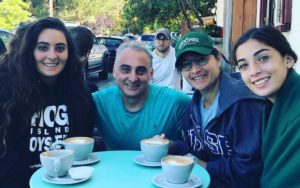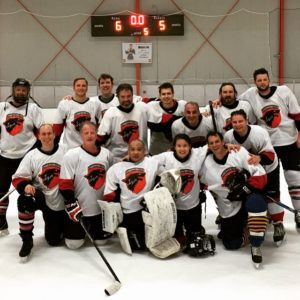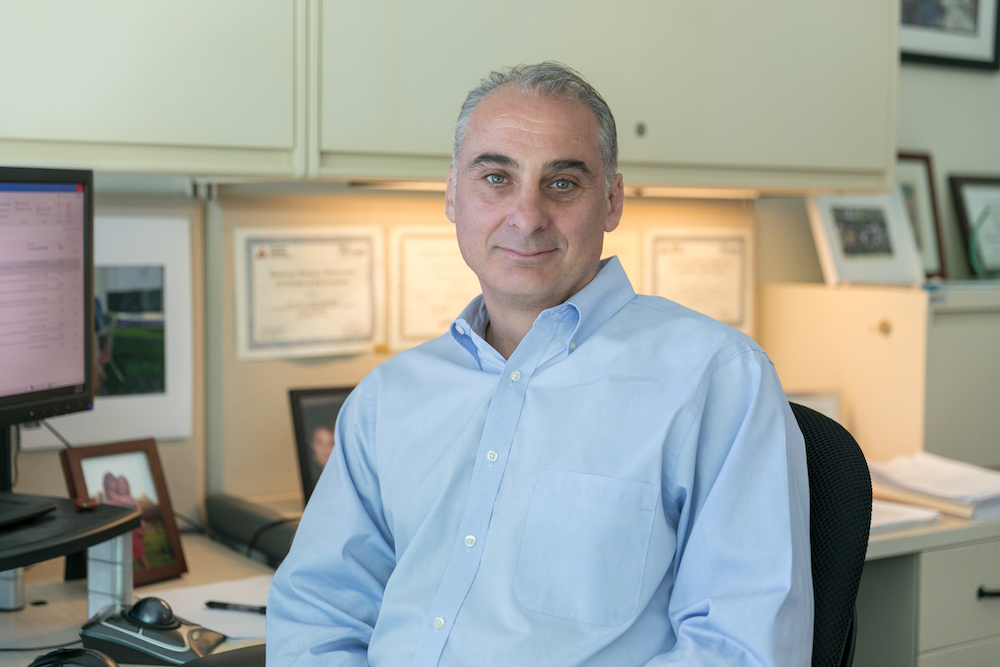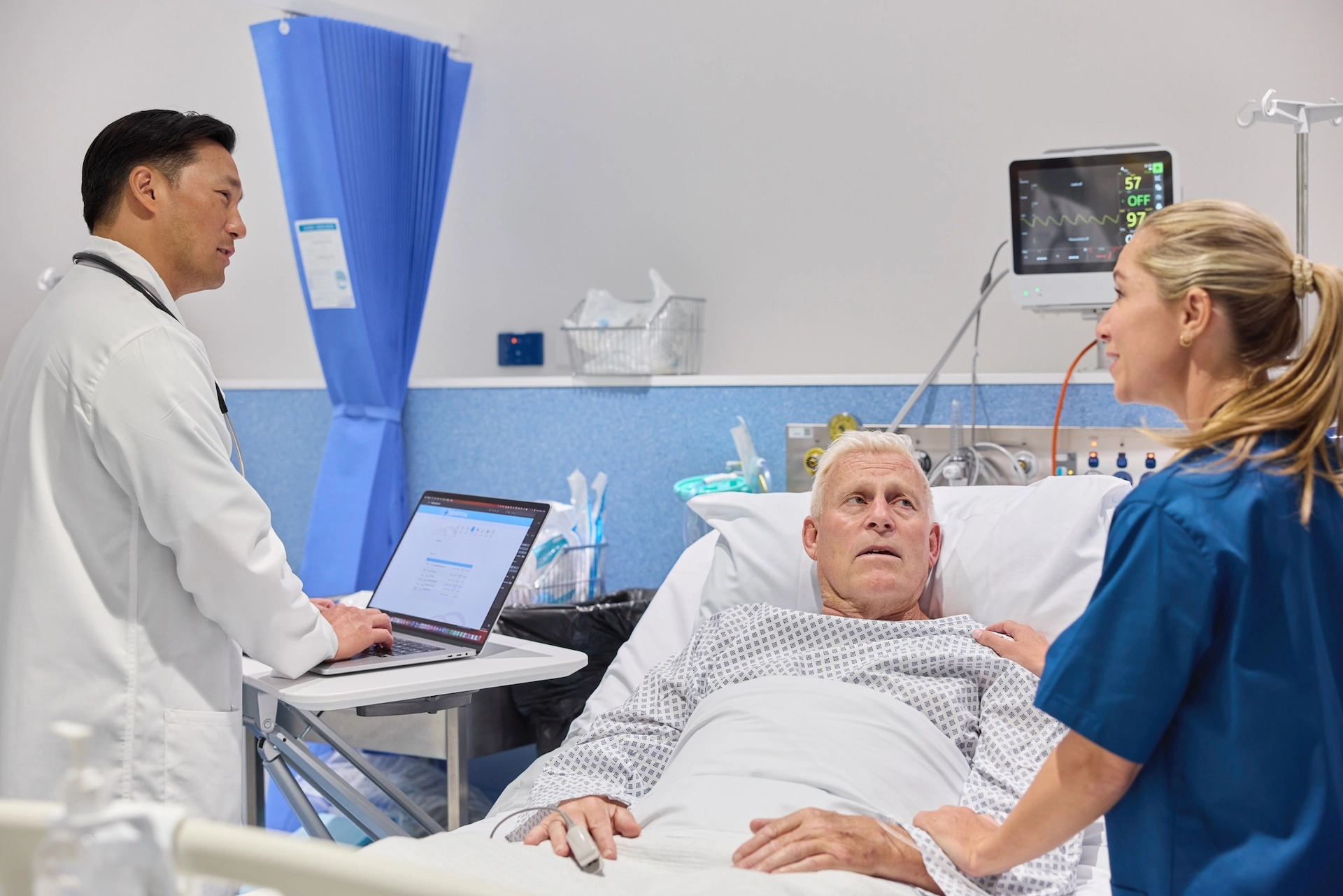Delivery science researcher seeks to improve patient — and physician — experiences
Richard W. Grant, MD, MPH, focuses his research on identifying and overcoming barriers to primary care in patients with complex diseases, especially those with type 2 diabetes and related chronic conditions. As a board-certified primary care physician and Division of Research scientist, he’s studying how to help patients prioritize their concerns prior to meeting with their doctor. He’s also looking at identifying Kaiser Permanente patients with complex needs who may benefit from targeted health-care interventions.

If you had to think back, is there a single moment in your life that sparked your interest in what you’re doing now?
I have a distinct memory of coming across a medical textbook when I was 8 years old and being fascinated by the descriptions and pictures, so I can honestly say that I’ve wanted to be a doctor since I was a little kid. I didn’t know any doctors at the time, but the idea of a career where I would be learning about diseases and helping people seemed like a good fit.
As a first-year medical student, I enjoyed learning about the pathophysiology of disease. But as I gained more experience caring for patients suffering from these diseases, I realized I wanted to focus more on understanding the patient’s experience. This drew me to research, where I could use my creativity and my clinical experiences to work on ways to improve the care of complex patients in a scientifically rigorous way.
You’ve described your research as an attempt to address the “hand on the doorknob” issue that physicians often face when they’re on their way out of the room and the patient says, “There’s one more thing I wanted to ask you about…” What do you hope to learn about the interactions between physicians and patients?
The clinical problem that underlies all my research projects is a simple one: We have evidence-based treatment available and yet millions of people suffer from and die of complications because this evidence is not being effectively implemented in practice. As a primary care doctor, the brief time I have with my patient during a visit is a key opportunity to connect. I would like to find ways to make it easier for patients to communicate with their doctors during these times.
A new Kaiser Permanente initiative in Northern California seeks to help physicians rediscover “joy and meaning in medicine.” How can your research help?
Much of the moral injury that doctors face comes from the diminishing opportunity to connect with patients because of less time per patient and more clerical and bureaucratic tasks. I led a research project in collaboration with my primary care colleagues at Oakland Medical Center that showed the benefit of medical scribes in improving the care experience for both doctors and patients. I am also deeply in involved in evaluating Kaiser Permanente Northern California’s Care Plus program, which is designed to support the primary care of complex patients.
You’re also director of the Delivery Science fellowship program at the Division of Research. What does the next generation of scientists need to know about conducting research within an integrated health-care setting like Kaiser Permanente?
Doing research within Kaiser Permanente is an amazing and challenging experience. We are embedded within a system that is constantly working to improve itself. Since constant improvement is “usual care,” as a researcher the challenge is to identify research questions that will inform the future rather than the present. What can I create and evaluate now that is not ready for implementation but could help shape

future changes in care? I really enjoy and value working with our fellows and their research mentors and watching them establish connections with the clinical stakeholders and leaders within our organization.
In your free time, what do you like to do?
I play left wing on my hockey team.





Comments (0)